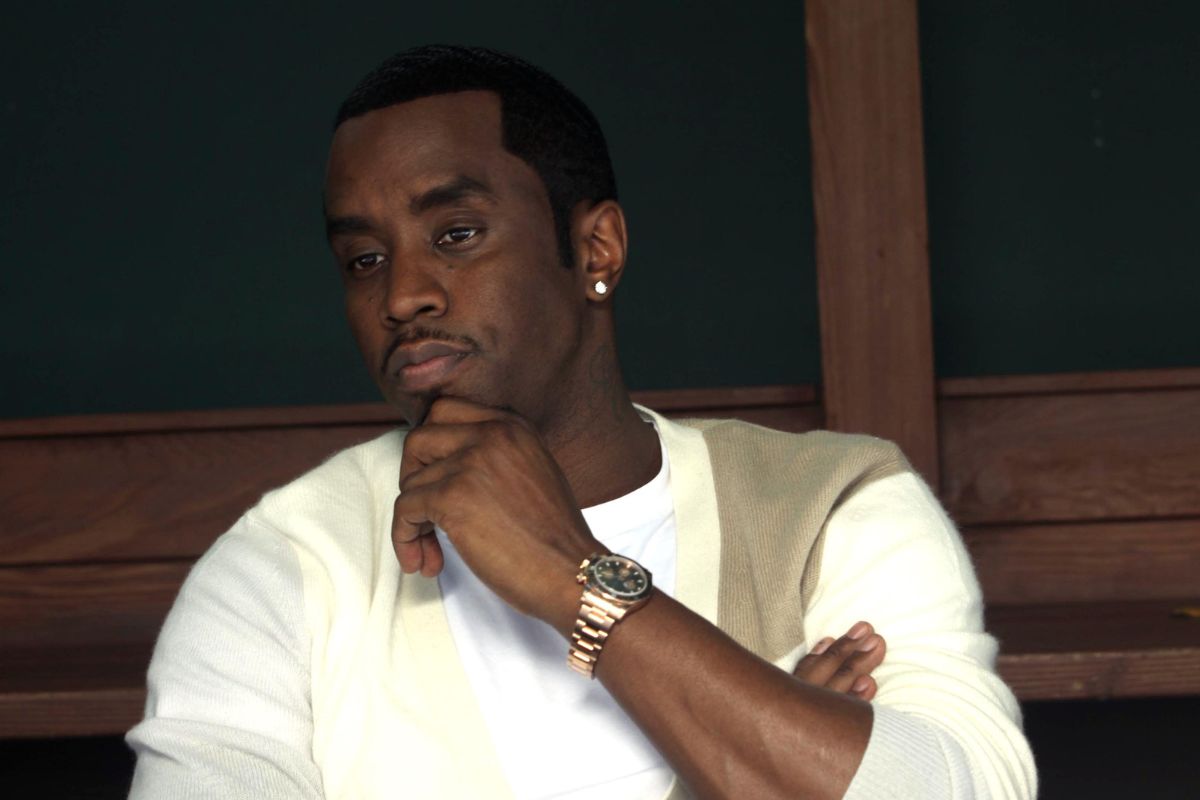Ariel Mitchell is asking a federal judge to dismiss Diddy’s $100 million defamation lawsuit, arguing that her comments about the Hip-Hop mogul were based on public allegations and not made with “actual malice.”
Mitchell’s lawyer, Steven Metcalf, said the updated complaint fails to meet the legal threshold for defamation against a public figure.
“There is no allegation that Ms. Mitchell made any knowingly false statements,” Metcalf wrote, adding that the claims were based on “active litigation or police reports.”
Diddy filed the suit earlier this year, accusing Mitchell, attorney Courtney Burgess and Nexstar Media Group—parent company of NewsNation—of spreading false and damaging statements.
The lawsuit was initially set at $50 million but has since doubled to $100 million in alleged damages, citing “severe reputational harm.”
Mitchell is accused of saying she had incriminating footage of Diddy during a media interview. She now says that the statement was taken out of context and was never presented as an exclusive revelation. Instead, she claims it reflected allegations already made by others in civil suits or criminal complaints.
One of Diddy’s most serious claims is that Mitchell bribed a witness. Her legal team argues that’s a criminal accusation, not a civil matter, and says the complaint mischaracterizes unproven allegations as official findings by the Florida Bar.
Mitchell also disputes the attempt to connect her reputation to Nexstar and NewsNation, saying the claims about her were not public until recently and have never been adjudicated in court.
In the January 19, 2025, follow-up interview on NewsNation, Mitchell and her client discussed a 2018 police report. She insists they did not fabricate any claims and were simply referencing existing legal documents.
Mitchell’s central defense hinges on the idea that repeating allegations from lawsuits or police records—especially in her role as a lawyer—does not amount to defamation.
“The statements were not made with actual malice,” Metcalf stated, emphasizing that Diddy’s complaint lacks evidence that she knowingly spread lies.
Mitchell is seeking to be removed from the lawsuit entirely, maintaining that her legal commentary was protected speech.
The court has not yet ruled on Mitchell’s request to dismiss the case, which was amended by Diddy’s legal team on August 19.
